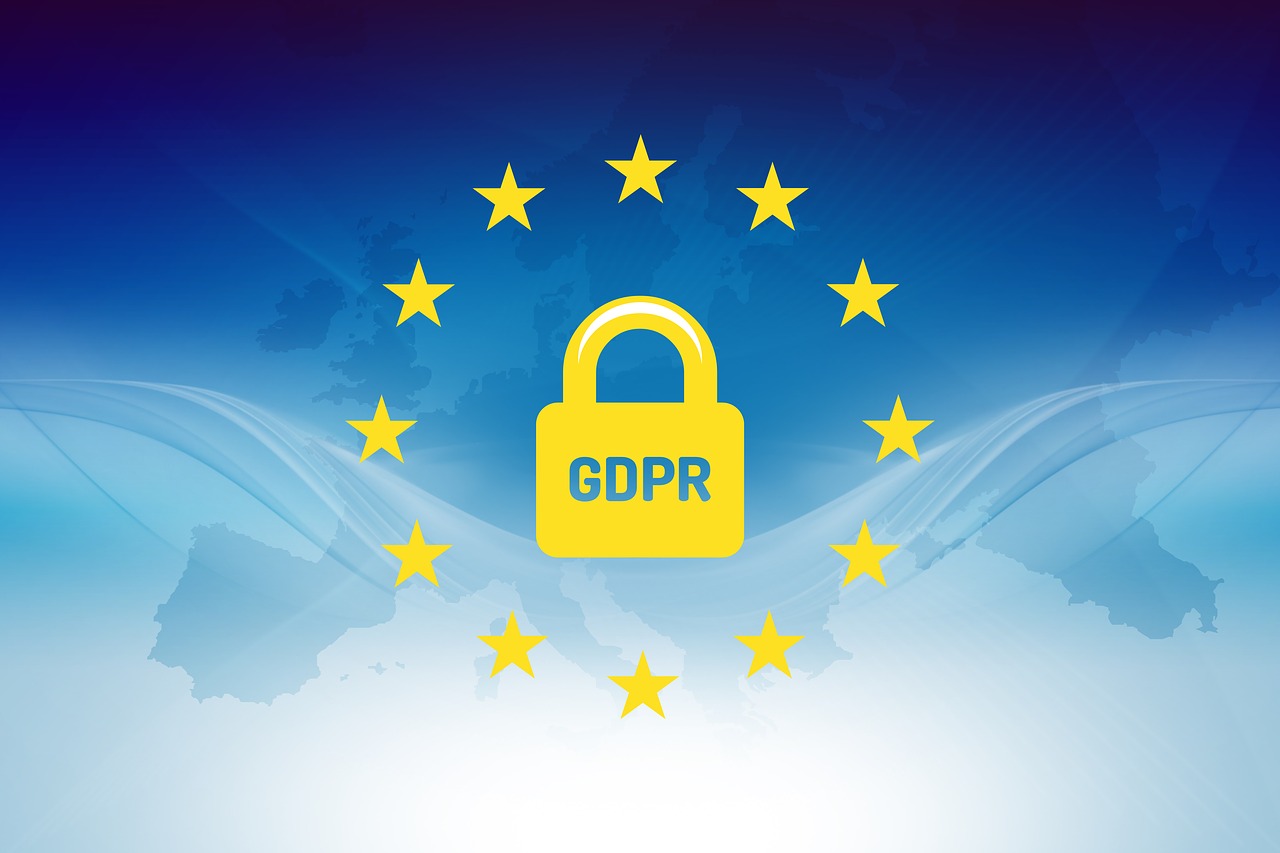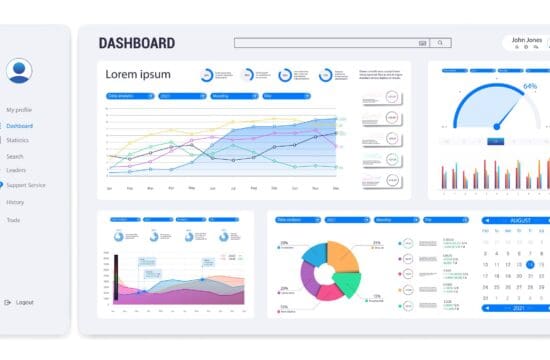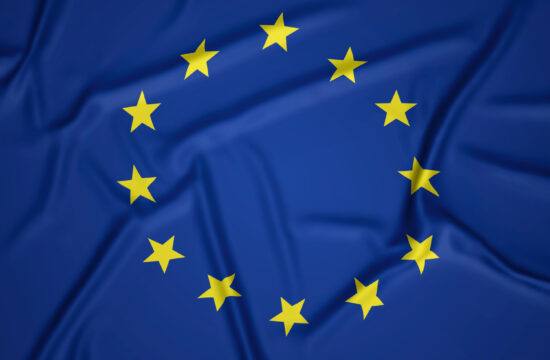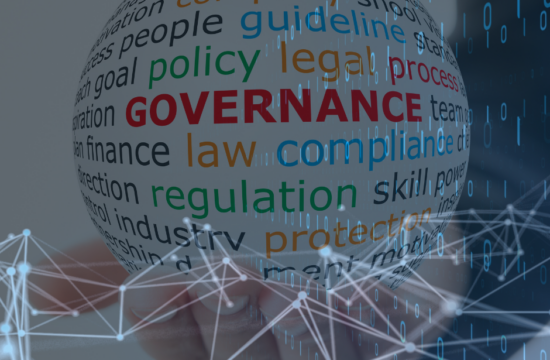What is GDPR Compliance?
Not everyone is aware of GDPR, especially when your organization resides outside the EU. However, GDPR is an essential term as it has ramifications for your agency’s security.
The EU understood a need to change its previous data protection directive and then came up with the GDPR stands for General Data Protection Regulation. GDPR considers the major data privacy regulation in 20 years.
With its new regulations, it hopes to give consumers control over their personal information. Consumers are in charge of their data. So they have control over who gathers and uses their data. They may easily block access to the person in charge if they don’t like how their data is utilized.
Breach of personal information is an offence and must be dealt with in the same way. Sorry is no longer a way out. Now people face harsh punishments and penalties for data privacy violations.
Transparency might feel overwhelming, but it is the right road for a better user/customer experience.
How Will GDPR Ensure a Better Customer Experience?
Even though there have been mixed reviews about GDPR, it is still a boon for every organization. Research shows that US organizations are least trusted when it comes to ensuring their customers’ data privacy. GDPR compliance is an asset to eliminate such a contradictory outlook.
The Following Points Will Explain the Positive Points of GDPR (Including Non-Compliance Pitfalls and Overall GDPR Requirements).
- The GDPR applies to every country’s organization, even those not covered under the EU.
The GDPR replaced the data protection initiative 1995 in 2016 but was enforced by the EU parliament by May 25, 2016. Therefore, the GDPR applies to organizations in other countries, even if not from the EU.
Any organization that provides products or services to EU data subjects are liable to GDPR.
2. The GDPR compliance governs all the personal information of a customer.
All your data that is collected through any conceivable online platform is governed through GDP. It covers everything from your biometric data to your email address.
The following are the list of personal data that comes under GDP:
- Identity information is collected by every website, such as address, email address, name etc.
- Data like IP address, RFID tags, and cookie data.
- Health data
- ethnic data
- Governmental thinking
- Sexual inclination
GDPR also governs all your social media posts, pictures, tweets
3. The GDPR provides a total of 8 basic rights to every user
Every customer has some basic rights towards their data security, and every organization is obligated to respect those rights.
- The right to access:
Every consumer must have access to their personal information. In addition, they have the right to know how the organization is using their data. Therefore, always provide them with a copy of their data.
- The right to be informed:
Customer’s consent is a must before gathering and processing their data.
- The right to data portability:
A commonly used and machine-readable format is used while the users transfer their data from one service provider to another.
- The right to be forgotten:
All the customers have the right to withdraw their personal information whenever they want.
- The right to object:
Consumers can object to the processing of their data. And as soon as they raise that red flag, all the procedures must stop.
- The right to restrict processing:
It is wholly up to the customers if they want to carry forward the processing of their data. And if they want it to stop, it must stop.
- The right to be notified:
After a breach of any user’s data, they are notified about the same within 72 hours of you being aware of the breach.
- The right to rectification:
Customers can update, complete and correct their data anytime they want.
4. A representative in the EU is a must if your organization is outside European Union to process EU residents personal data
The GDPR law suggests that to avoid non-compliance, every organization that does not fall under the European Union must designate a representative in the EU. Therefore, GDPR EU compliance is essential for easily processing customers’ data and bringing more traffic to your website from the European Union. In this way, your organization will be a part of the EU’s data protection companies.
5. There are major consequences of disregarding the GDPR law.
The GDPR requirement includes transparency for ensuring better customer service, and the data compliance regulation will ensure the same. However, some US organizations find it difficult to match the GDPR requirements. But GDPR law will spare no organization. They will be charged with serious compensation in case of non-compliance with the GDPR. Penalties can be as extreme as 4 percent of comprehensive turnover or 24.4 million dollars, whatever is greater.
6. The organizations are required to switch from “OPT-OUT” to “OPT-IN” mode to collect personal data.
GDPR regulation specifies the importance of asking users’ permission before collecting their personal data instead of assuming users’ consent. And it applies to every small detail of the customer. All the organizations are required to protect all the eight rights of the users. Transparency means asking for consent to collect the user’s data and scratch it as per their request.
7.GDPR compliance requires every organization to define and give access to their data protection act and policies clearly
The GDPR compliance requirements ensure that no organization tries to be smart by covering their data protection policies with legal terms that are untraceable. All the agencies are obligated to provide access and every detail about their data processing of personal data. You are accountable for your vendor’s privacy policies too. So it would be best if you were informed accordingly.
8.A minimum time limit is set to notify a customer about the breach of their personal data according to GDPR.
One of the most important GDPR key facts is that you must notify the user about the breach of their personal data within 72 hours of being informed about the same. It is one of the major steps taken by GDPR compliance companies. The more organizations are ignorant about GDPR compliance, the higher they will face the consequences.
9.According to GDPR compliance, you are always answerable to the user about their personal data.
It is the right of every consumer to raise a few questions about their personal data. Organizations are committed to providing the user’s information, such as where the data is collected? How is it used? etc., as per their request. The users have the right to rectify their information whenever they want. Organizations are obligated to completely erase their data if the user has invoked their “right to forget”. This process of erasing the user’s data by the company as per their request is called erasure.
Several data protection act facts will force every company to be at the top.
- It formulates an improved data management.
- It provides an increased marketing ROI.
- It enhances cybersecurity.
- It builds a better trust relationship between the company and the user.
10. A Data Protection Officer is required to govern GDPR compliance
A Data Protection Officer is responsible for regulating all the GDPR requirements. The major task is to oversee a company’s data protection strategy and monitor data storage and data transfer operations. In addition, it is responsible for educating and training employees on regulatory compliance, implementing policies to ensure GDPR compliance, responding to data subject access requests, and serving as the organization’s point of contact with GDPR Supervisory Authorities.
When is a company obligated to hire a Data Protection Officer?
- Your company has the responsibility to regulate public property and infrastructure.
- Your company is conducting a large-scale, systematic user data monitoring project.
- Your company handles a lot of personal user information.
11. Your Cloud-Based Storage must obey the General Data Protection Regulation
Many organizations have a misconception that their cloud-based storage is not covered under GDPR compliance. But it is not true. Like other data storage providers like Microsoft Azure, Google Cloud, or Amazon Web Services, Cloud-Based Storage are compelled to abide by GDPR requirements. A Data Protection Officer is beneficial for this task.
12. Human Rights is the topmost priority of GDPR compliance
The GDPR requirements are designed to safeguard the personal data of the consumers. They prioritize human rights over user experience. GDPR is a big, broad piece of legislation aimed at protecting consumer’s privacy and giving them control over their data. It is accountable for posing various obstacles to all organizations, particularly those whose systems rely entirely on data processing.
Final Words:
GDPR law states that every consumer has the right to know who collects their personal data. When is it collected? How their data is processed. Transparency is the key to a better user experience. GDPR compliance is required of any organization that deals with residents of the European Union, whether it is a member of the EU or not. The users have the right to rectify and erase their information whenever they want. For GDPR, human rights are always the first priority over user experience.





















